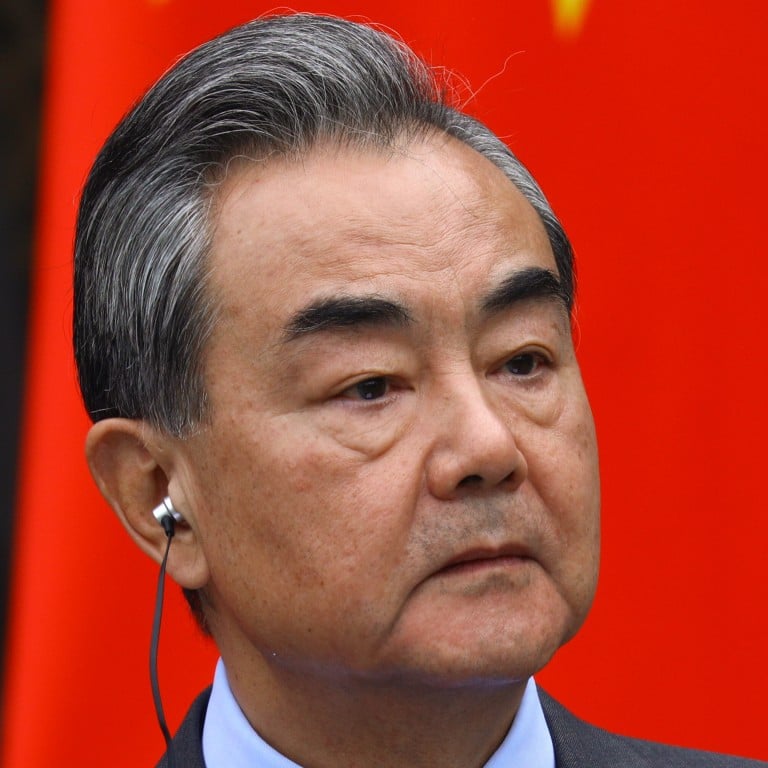
China warns US against taking a superior position in global affairs
- Cooperation still possible, but Beijing will not accept unilateral demands from Washington, Foreign Minister Wang Yi says
- Wang also told his counterparts from four Asean countries their concerns over US-China rivalry were ‘reasonable’
Chinese Foreign Minister Wang Yi has warned the United States not to take a superior position and presume it has a final say on global affairs.
Wang said China would not accept a list from Washington of unilateral demands for negotiations with Beijing. “The door for dialogue with China is open. But the dialogue should be done on equal basis and with mutual respect,” he said.
“China will not accept that there is any nation in the world that [can] put itself superior to the others, and that any nation will have a final say on world affairs. If the US continues to confront, China will take it calmly without fear.”
US-China rivalry could force unwelcome choices on some countries
Wang said that, while China-US cooperation was possible, both sides should respect each other’s core concerns, and China would not accept unilateral demands and conditions from Washington. “We resolutely resist gross interference in China’s internal affairs, and even more resolutely oppose unlawful unilateral sanctions imposed on the basis of lies and false information,” he said.
“China cannot retreat because there are many developing and small and medium-sized countries behind us. But China has the right to fight back because we must defend national sovereignty and national dignity.”
Diplomatic observers said Beijing was looking to improve ties with the US that had been badly damaged under former US president Donald Trump, but was facing a dilemma over drawing a line between cooperation and resisting US pressure.
Weeks after the Alaska summit, tensions between China and the US are still running high. Washington slapped additional sanctions on Chinese officials and entities over alleged human rights violations in Xinjiang, following a similar move by the European Union. Both countries have also stepped up their military presence in the disputed East and South China Seas.
US Secretary of State Antony Blinken reiterated the US would work with Nato and the European Union to handle the common challenges posed by China. Japanese Prime Minister Yoshihide Suga will visit Washington for talks with President Joe Biden on April 16.
Wang said China and the US should hold more dialogues on regional affairs and cooperate on the pandemic, but added that the rise of China could not be overturned. “It is inevitable for China to continue development and becoming strong. This is in line with the long-term interest and common aspiration of regional countries, and this trend cannot be resisted,” he said.
“China will not shy away from competition. But competition should be fair and just, and follow market rules. No one else should deprive others of their legitimate right to seek development.”


